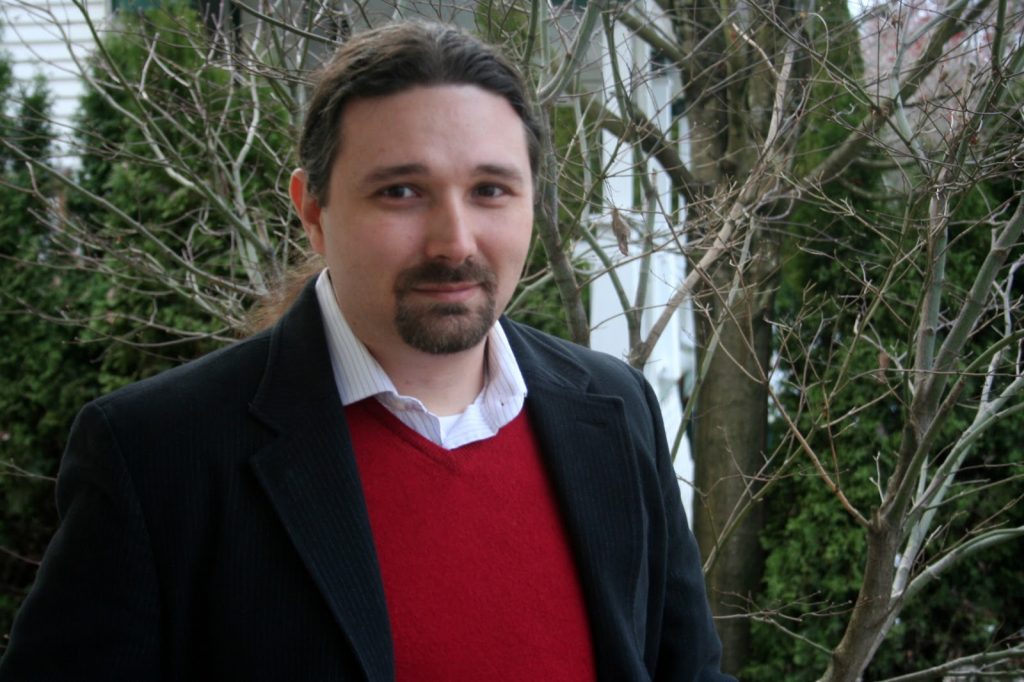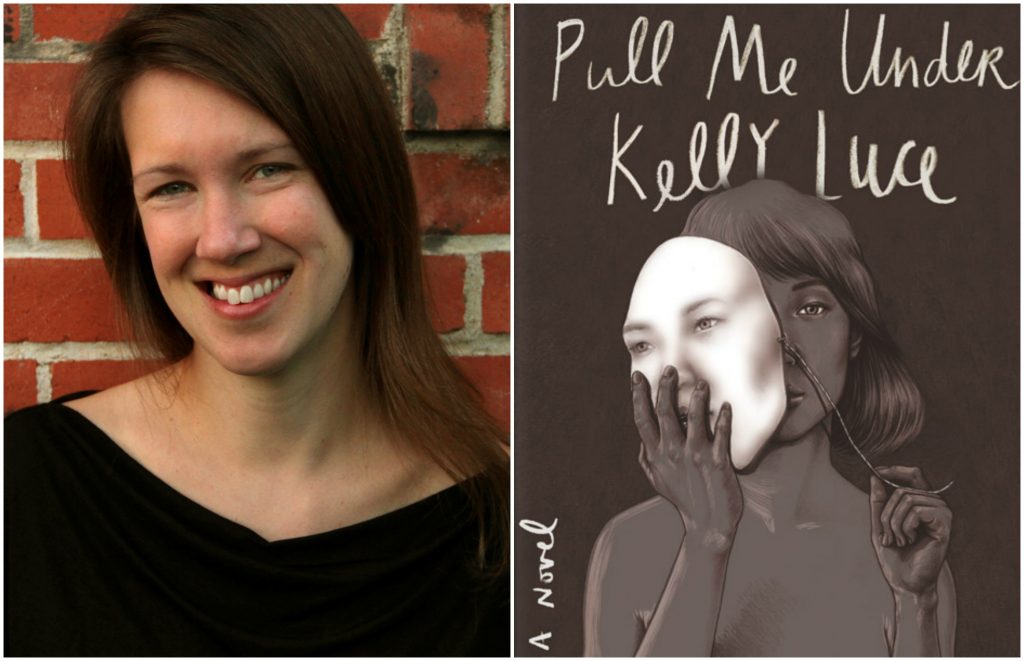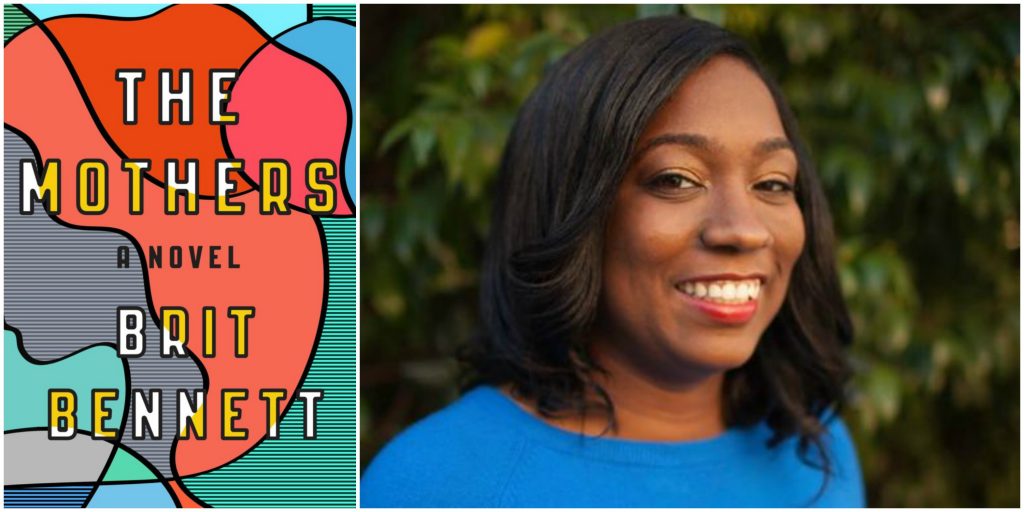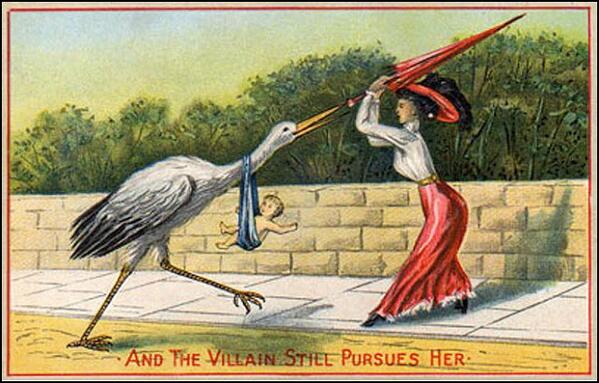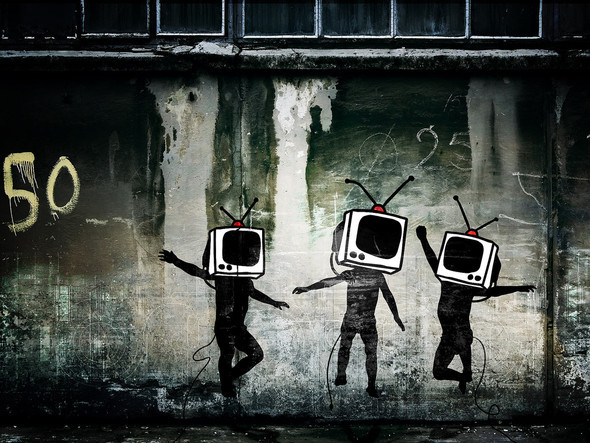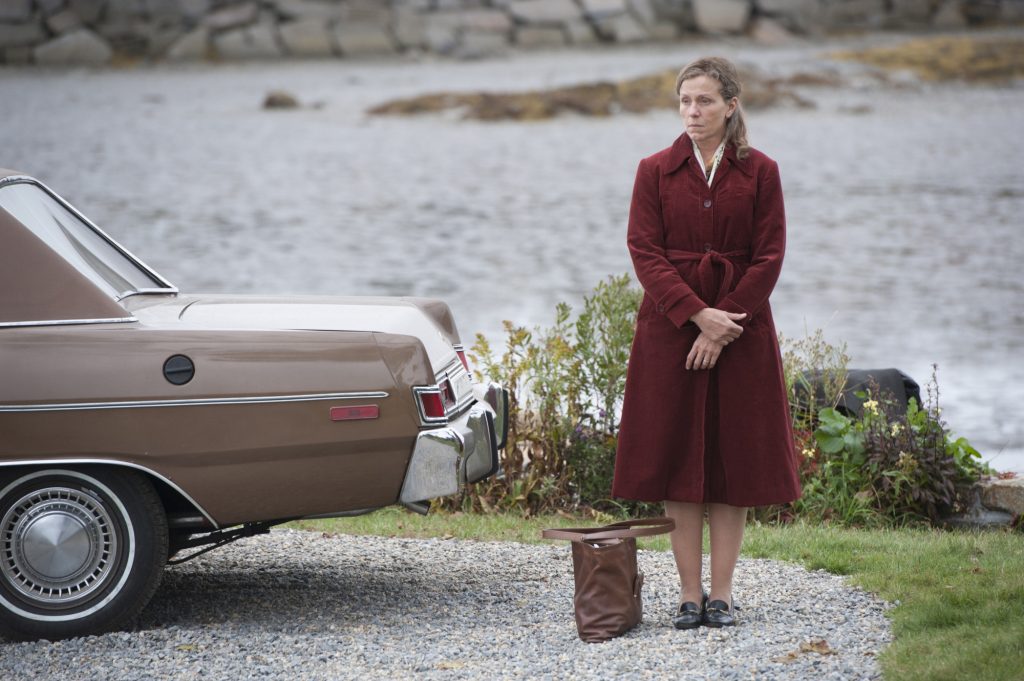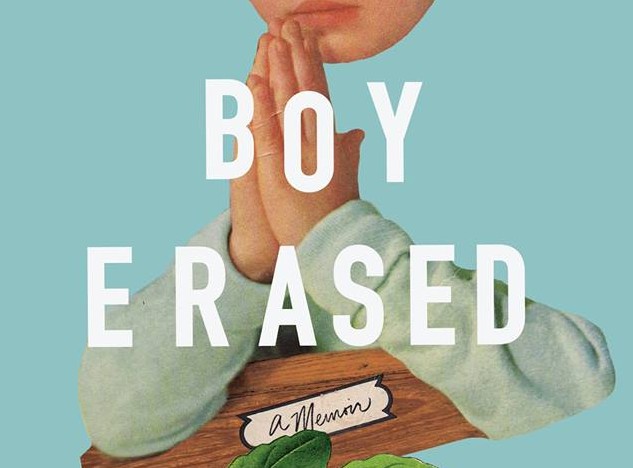On “Where There Is Ruin”: An Interview with Samuel Snoek-Brown
“I’ve always been interested in death and destruction — call it an early diet of horror fiction. But over the years I’ve become more aware of decay, the slow and steady side of impermanence. Decay doesn’t make for flashy conflict, but in some ways it’s more interesting.”
On “Where There Is Ruin”: An Interview with Samuel Snoek-Brown Read More »

